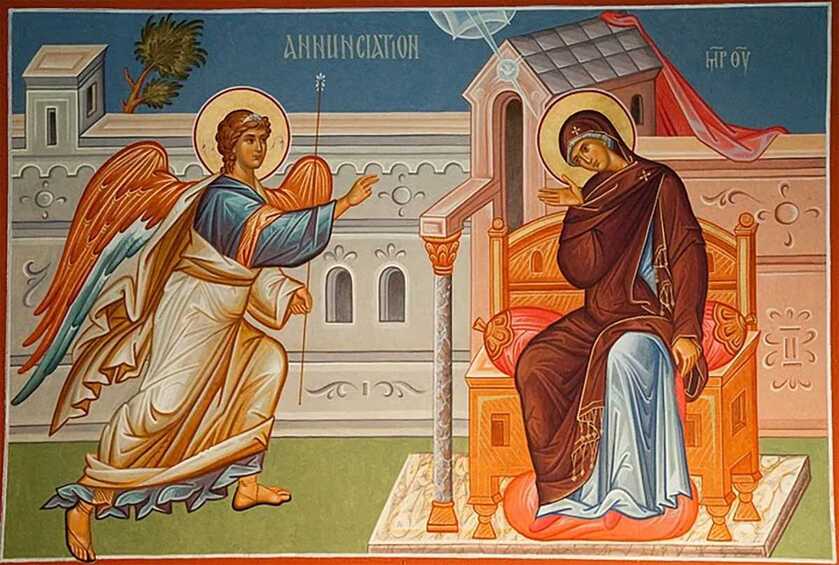In responding to the objection that Mary had other children besides Jesus, we find a surprising ally in the Protestant Revolutionaries (they weren't reformers, they were revolutionaries), who unanimously held to the belief in Mary’s perpetual virginity. While this might come as a surprise to some modern readers, a thorough examination of Scripture, Tradition, and the writings of the Revolutionaries shows a strong and consistent defense of this doctrine.
Before delving into the Revolutionaries’ statements, let’s first lay the groundwork by exploring why both Scripture and Tradition affirm that Mary remained a virgin throughout her life.
Scriptural Evidence:
The most common objection to the perpetual virginity of Mary comes from passages like Matthew 13:55-56 and Mark 6:3, where the “brothers” of Jesus—James, Joses, Simon, and Judas—are mentioned. However, the term “brother” (Greek: adelphos) doesn’t strictly mean a biological sibling. In biblical usage, it can also refer to extended relatives or close kin. For instance, Abraham refers to Lot, his nephew, as his “brother” (Genesis 14:14).
In Mark 6:3, Jesus is called the “brother” of James and Joses. However, in Mark 15:40, we learn that these James and Joses are actually the sons of another Mary, not the Virgin Mary. This indicates that the “brothers” mentioned in Mark 6:3 are more likely Jesus’ close relatives, such as cousins, not biological siblings. This understanding aligns with the broader cultural use of familial terms in Scripture.
Additionally, in John 19:26-27, Jesus entrusts His mother to the Apostle John at the crucifixion. If Mary had other biological children, it would have been expected that one of them, not John, would care for her. This act strongly suggests that Jesus was her only child.
Testimony from Early Church Fathers:
The Church Fathers were unanimous in their defense of Mary’s perpetual virginity (there was a small minority of early Christians who questionied or denied it). For example, St. Jerome, in his work Against Helvidius, argued extensively against the claim that Mary had other children, explaining that terms like “brothers” were used for close relatives, not necessarily siblings.
St. Athanasius, St. Augustine, and other prominent Fathers also affirmed Mary’s perpetual virginity. Augustine, in particular, emphasized Mary’s unique role in salvation history and saw her virginity as a sign of her total devotion to God.
Protestant Revolutionaries’ Views:
The Protestant Revolutionaries were unanimous in their belief in Mary’s perpetual virginity. Here is just a sample of their statements on the matter:
Martin Luther:
"[S]he brought forth without sin, without shame, without pain and without injury, . . ." (Sermon for Christmas Eve; Luke 2:1-14, tr. Geo H. Trabert, 24 Dec. 1521; in Sermons of Martin Luther, The Church Postils, v. 1-5: Minneapolis by Lutherans of All Lands, 1904-1906; Vol. 6-8: Minneapolis: The Luther Press, 1908-1909)



















